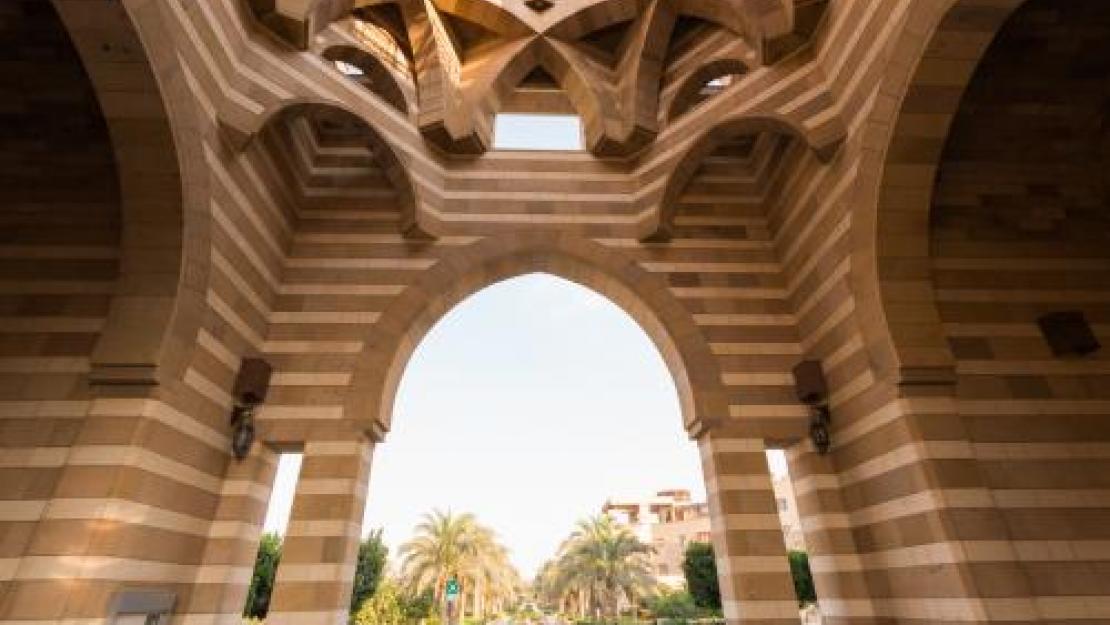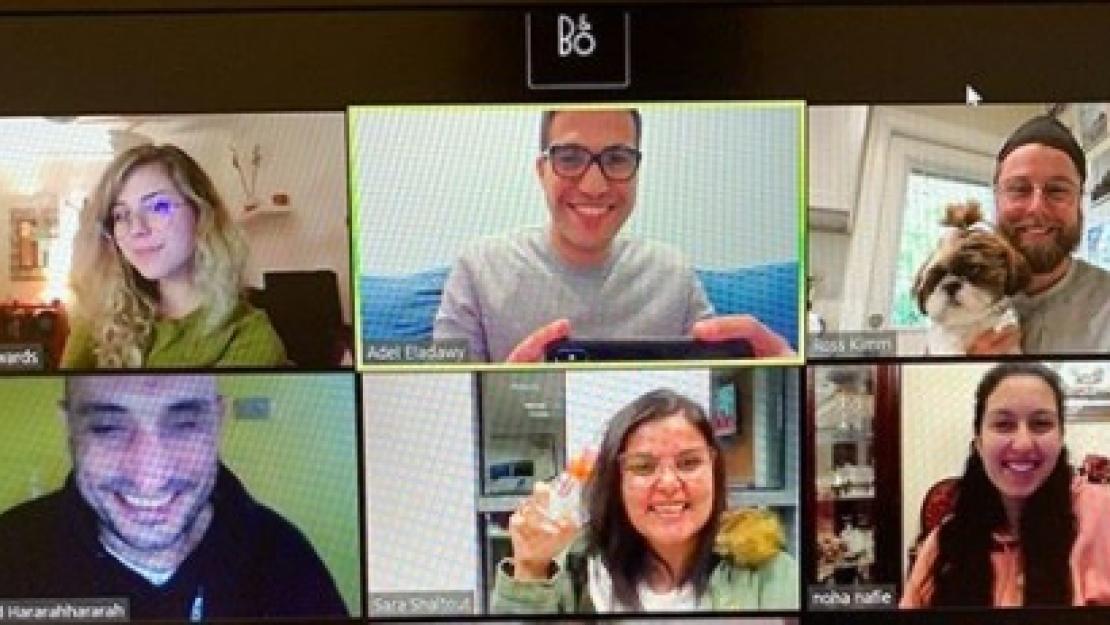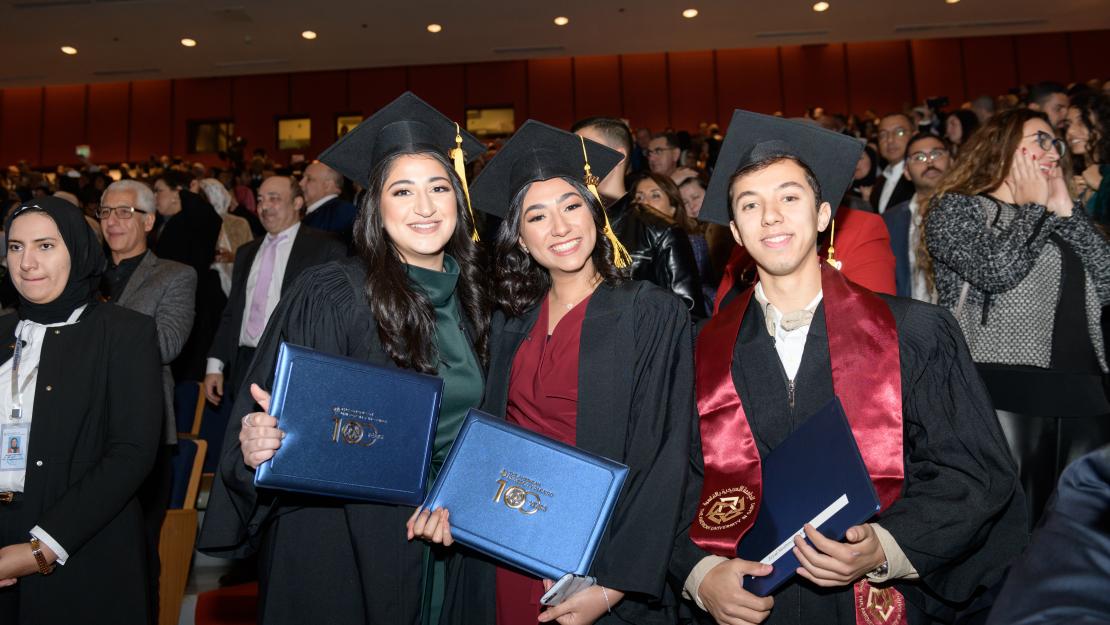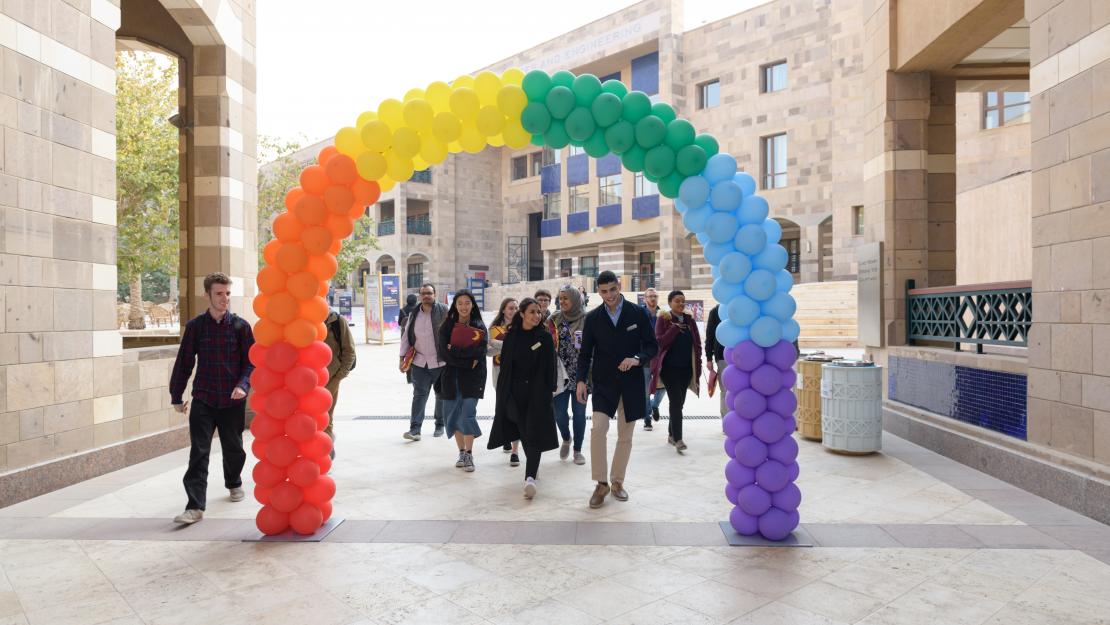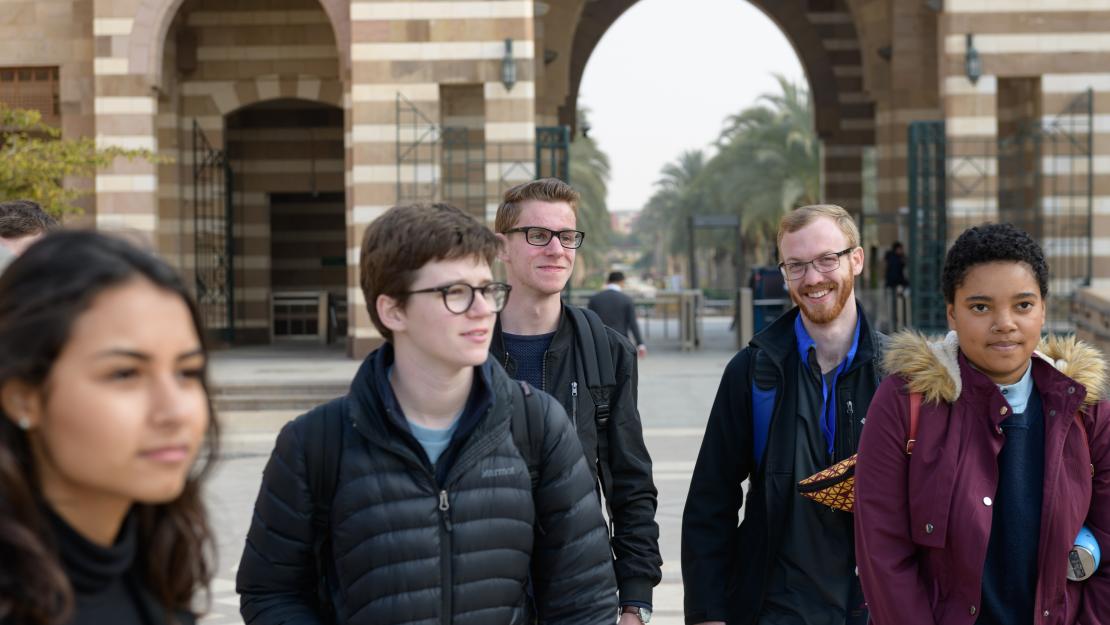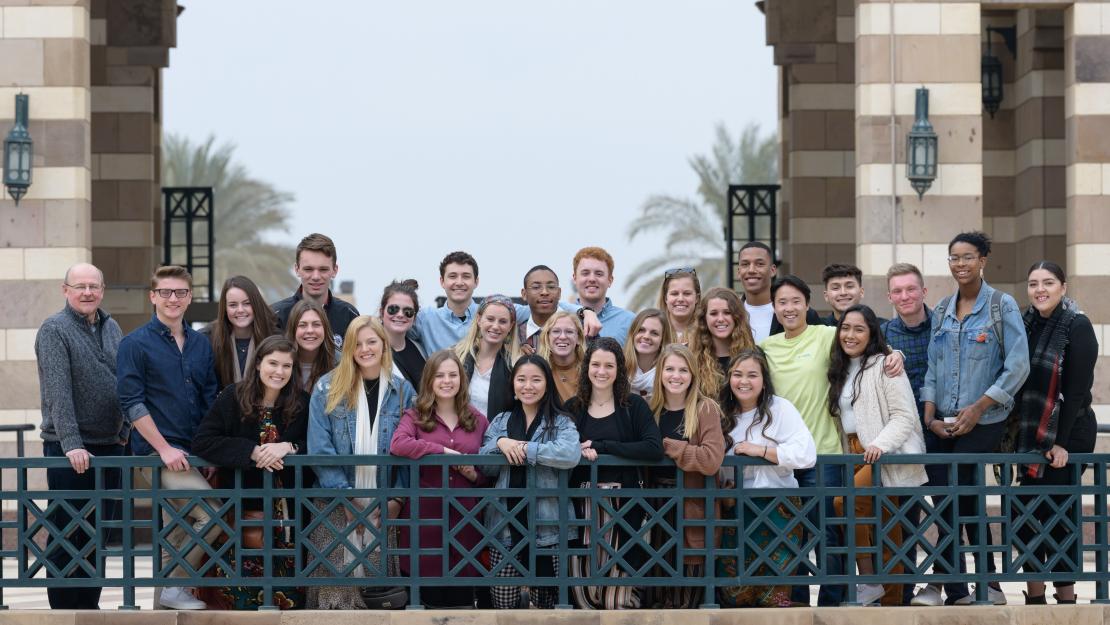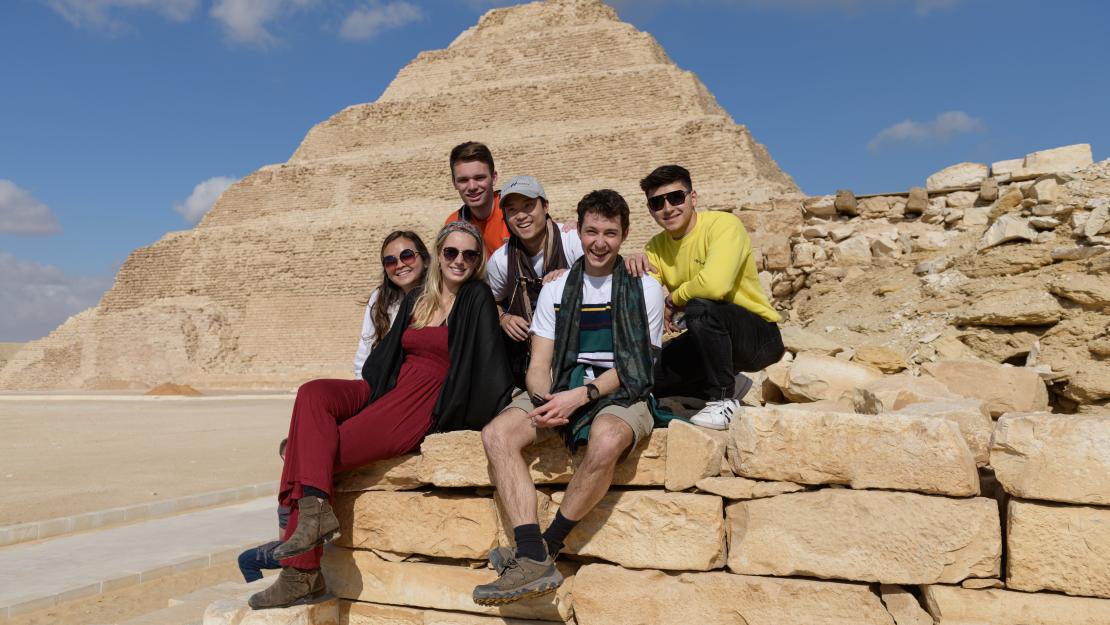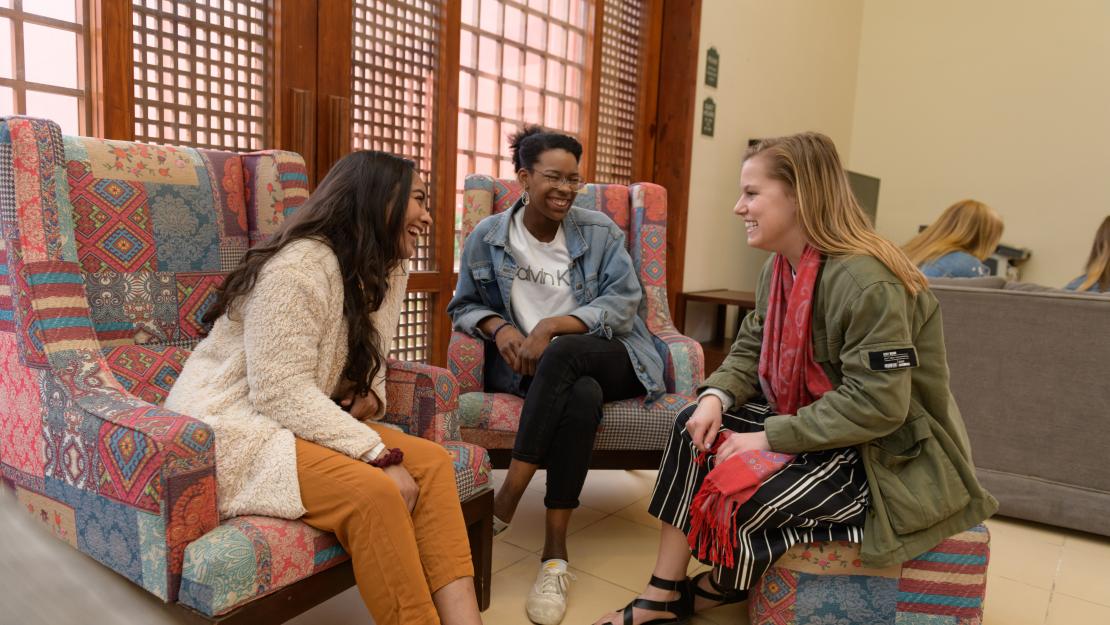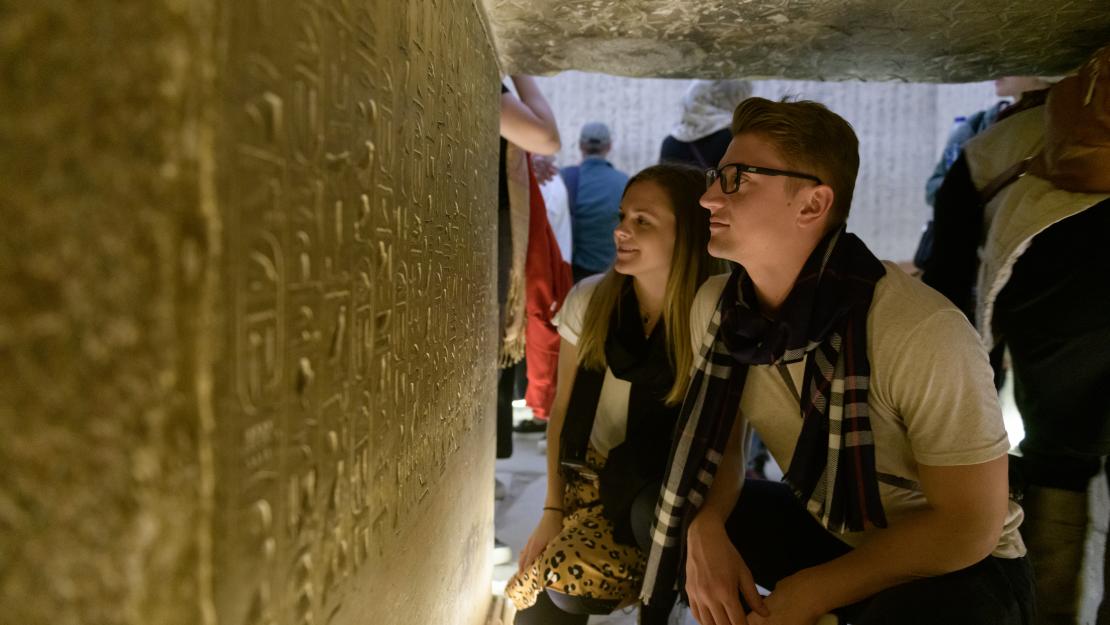AUC Holds First Media Roundtable Discussion on Maintaining Mental Wellness During COVID-19

With Hani Henry, associate professor at the Department of Psychology and associate dean of the School of Humanities and Social Sciences, as the main speaker, AUC held the first Media Virtual Discussion, titled “Maintaining Mental Wellness during the Coronavirus (COVID-19) Pandemic” on April 6. During the discussion, Henry shared advice on how to maintain mental wellness and reduce the anxiety and stress caused by the outbreak of COVID-19.
As millions in Egypt and the world are in self-isolation and with the constant stream of breaking news notifications, many are feeling overwhelmed and stressed. Henry explained that when there is a global crisis of this magnitude, there must be a scientific evaluation of it.
"So we must ask ourselves what is affecting us most, and determine the type of feelings that we feel, is it fear? Fear of what? We must understand the nature of our reactions and feelings. Some people, as Henry said, feel deprived, for example, of their inability to go to mosques or churches. Others feel deprived of their inability to see their parents. "So people must try to protect themselves and their nervous system by determining what affects them and what does not so that they can ignore the issues that are not relevant to them.”
Henry also stressed the need to identify that there are things one can’t control. “The main problem that many people face is trying to control things that they can't control, such as anticipating what will happen tomorrow or the actions of others. So instead, they can control their attitude or the news they choose to read," he said.
Henry shared pieces of advice and several tips from The American Psychological Association to help control feelings of anxiety and stress during COVID-19, including:
- Reducing exposure to negative news since it may lead to an increased sense of panic. Staying informed but setting a limit to watching or reading stories about the development of COVID-19 to 30 minutes a day, for example.
- Continuing the daily routine, such as waking up at the same time, as well as maintaining boundaries between family and work life while working at home.
- Trying to discover new hobbies or working on the delayed tasks.
- Choosing to pay attention to the value of the present moment and the value of health, for example, using “optimism bias”. For example, during self-isolation at home, many people now have the opportunity to spend better quality time with their children, which has not always been the case with the fast pace of life.
- Trying to avoid negative people and reducing the sources of stress.
- Helping others and finding ways to give back to society.
- Recording video clips with family members to highlight how the family is overcoming the current crisis. Such techniques could give the person a degree of control and hope.
- Seeking help from others, from close friends or family members, or seeking psychological help through online cognitive behavioral therapy.
- Expressing and talking about feelings of anger or psychological pain because suppressing such feelings may lead to depression or increased mental illnesses, the effects of which may not appear now.
- Meditating through exercises on mobile applications or doing simple physical activities at home.
Henry also discussed the psychological pressures that many of the underprivileged labor force face daily. He believes that they have a different kind of perseverance, determination, and faith in their ability to overcome difficulties because they have always faced problems that many people of privilege haven't encountered. "So we can learn how they deal with their hardships and try to adopt simpler ways of looking at problems,” he said.
When dealing with children who are suffering from anxiety or stress, Henry believes that stressed-out parents can become wounded healers.
“The parents’ feelings allow them to resonate with their children. It is important that they acknowledge the children’s feelings and not underestimate them. Yet parents should also give them hope and encouragement and try to simplify the idea that the only constant in life is change.”
Henry also stressed the need for families to support each other in such difficult times and show appreciation to the women and mothers, who currently bear a lot of pressure at homes taking care of their families due to self-isolation at home.
As for the mental health of the workers in the medical sector during the COVID-19 pandemic, Henry said, "The heroic role of those working in the medical sector must be recognized. Currently, they are like soldiers in a state of war, and they won’t necessarily have time to consider their mental well-being. However, their mental health must be taken care of after the end of this crisis, as some of them might suffer from post-traumatic stress. He added that "we can currently continue to support and encourage them morally through initiatives that are taking place around the world, such as applauding them at seven in the evening from our homes and highlighting their heroic efforts."
For more information about the university news and events follow us on Facebook http://www.facebook.com/aucegypt
And Twitter @AUC

